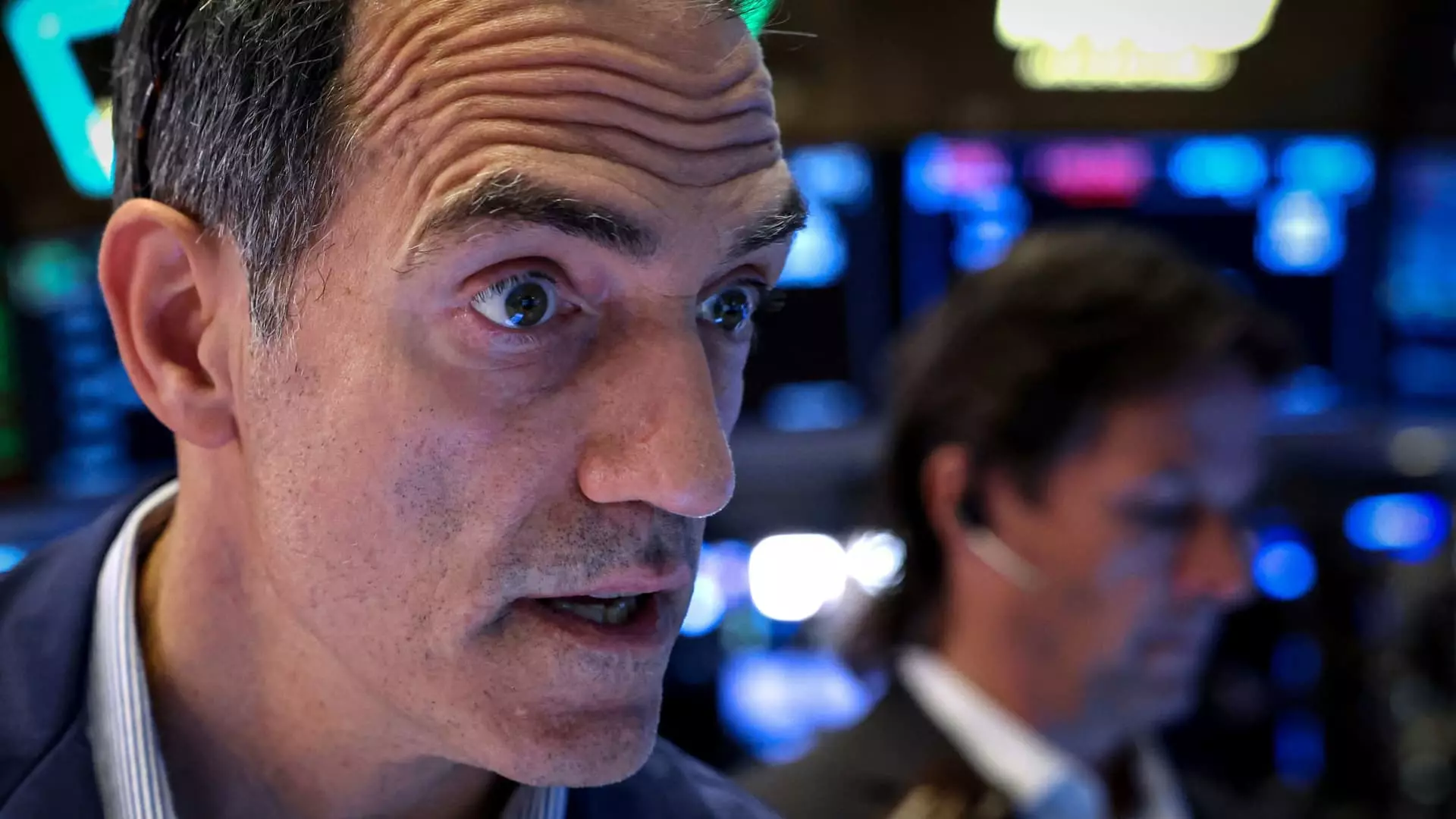Nvidia shares experienced a substantial swing during a recent trading session, fluctuating by about $10 from the session lows to the day’s high. The stock eventually closed the day with an 8% increase. This surge was largely attributed to CEO Jensen Huang’s remarks at the Communacopia conference regarding the high demand for Nvidia’s key Blackwell chip and dispelling concerns about production issues. Despite the positive performance, Nvidia remains 17% below its June 20 high but has seen a remarkable 136% increase so far in 2024.
Market Insights from CNBC’s Mike Santoli
CNBC’s market analyst, Mike Santoli, highlighted the significance of the S&P 500’s turnaround during the trading day. By explaining the influence of rising bond yields on stock market movements, Santoli shed light on how the Dow and the Nasdaq Composite also experienced noteworthy fluctuations. These shifts were notably affected by changes in bond yields, indicating a close relationship between fixed income markets and equity markets.
Impact of Bond Yields on Stock Market Confidence
As bond yields have seen fluctuations in recent months, they have had a direct impact on stock market performance. A sudden retreat in bond yields has led to investor concerns about economic uncertainties, subsequently affecting stock market confidence. However, the rise in yields observed during the highlighted trading session provided a renewed sense of confidence among stock investors, demonstrating the delicate balance between fixed income and equity markets.
Rise of Rate-Sensitive Sectors
The market has witnessed a surge in rate-sensitive sectors over the past three months, with industries like real estate, utilities, and financials recording notable gains. Investors have been drawn to these sectors as they search for higher yields in the face of falling interest rates. Conversely, sectors such as energy and communication services have experienced declines, showcasing the dynamic nature of the market as investors navigate changing interest rate environments.
Impact on the Insurance Sector
Following a drop in the insurance sector, concerns have risen among investors regarding potential outcomes of the upcoming election. Speculations about Vice President Kamala Harris’s policies leading to increased litigation and decreased business protections have influenced investor sentiment. This uncertainty has created a ripple effect within the insurance industry, driving changes in stock prices and sector performance, highlighting the interconnectedness between policy decisions and financial markets.
The recent performance of solar energy companies, including First Solar, Canadian Solar, Sunrun, and SolarEdge, has been notable, with significant gains observed in a single trading session. Positive market sentiment towards green energy initiatives, particularly after Vice President Harris’s debate performance, has contributed to the uptick in these stocks. Additionally, the Invesco Solar ETF saw a notable increase, underlining the growing investor interest in sustainable energy solutions.
Speculations surrounding the outcome of union votes on contract deals, potential mergers in the supermarket industry, and regulatory actions impacting various sectors underscore the inherent uncertainties of market movements. As investors navigate through daily stock fluctuations, it is crucial to analyze broader market trends, policy developments, and global economic indicators to make informed investment decisions and adapt to changing market conditions.

